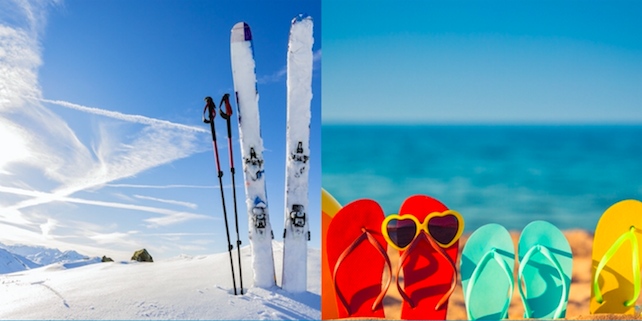
No matter where you intend to park your cross on the ballot paper, you might want to mull over your holiday plans for the coming year as you head for your neighbourhood polling station this Thursday.
If you’re planning on booking a villa or ski chalet for next winter you’d better hurry, because there aren’t many holidays left.
Well, that’s a bit of an overstatement, but – thanks largely to the Brexit debacle – unfavourable exchange rates and the bureaucratic enforcement of a whole raft of European labour laws, the number of chalet and villa holidays available for winter 2019/20 and beyond has plunged by a whopping 42% since 2016 and the Referendum.
British tour operators find themselves deployed on the front line of Brexit – taking fire from all sides, and the casualties are mounting. In March, Ski-Val ceased trading after offering chalet holidays in Val d’Isere and St Anton for 43 years. Now that this winter season is over, sadly I expect a number of other small operators to follow shortly.
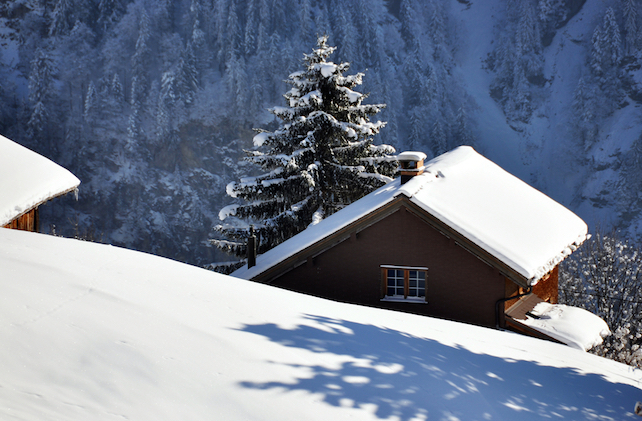
Figures compiled by the 280-strong Seasonal Business in Travel (SBIT) group indicate that some 8% of member businesses will now cease to trade, while a further 22% are considering doing so. What’s more, regardless of the final political denouement, the situation is set to get even worse. Some 81% said that they were cutting staff either overseas or in the UK, 73% were reducing the size of their programmes both in summer and winter, and 68% were changing the product that they offered.
Basic prices for those remaining holidays have crept up by at least 20% – and then, of course, you have to painfully turn precious pounds into euro spending money.
The overall picture is one of doom and gloom. But before you dismiss this as a party political rant on behalf of Remain, let me state that it’s not Brexit as such that is largely to blame, but the uncertainty around it.
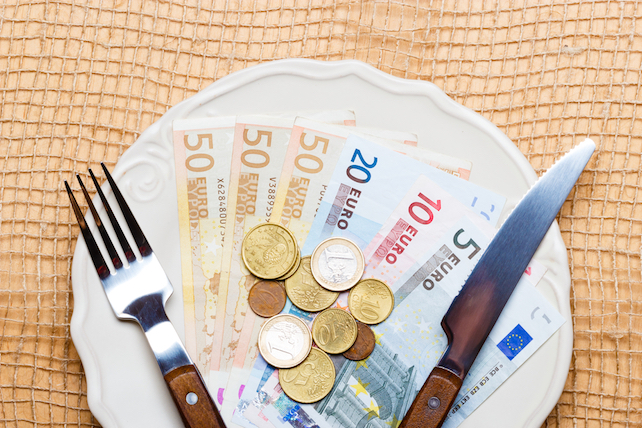
As Diane Palumbo, sales director of Skiworld the largest independent ski operator, says: “There are companies out there that are in good financial shape and should be able to find a plan to survive any situation. But no one knows what is going to happen, so you can’t create a plan at all.”
The essentially British concept of the ski chalet holiday dates back to the 1930s, but took off in force in the 1960s. Very simply, a tour operator rents a property for the season and provides catered accommodation for guests. The staff, largely gap year and post-uni students, were paid partly in kind. They received airfares, accommodation, meals, uniforms, insurance, and of course ski equipment and a season lift pass for ski resort staff, along with weekly pocket money. For 60 years, working a season in the Alps has been a rite of passage for thousands. Many then go on to do a summer season in the Mediterranean.
But all this has now changed. The initial build-up to Brexit saw a sharpening of state attitude towards British companies operating in France. Snap tax and health and safety inspections have became increasingly widespread. While the vast majority of UK operators run bona fide French companies and rigorously pay their taxes on time, they are now being forced to also pay minimum French wages and observe maximum allowable working hours. A basic requirement is for two leisure periods each of 24 hours per week. For low cost and mid-range tour operators the extra expenditure, when combined with a poor exchange rate, puts their whole viability into question.
The way of life of the young ski seasonaire, who traditionally works hard, skis hard, plays hard – and sleeps only in summer, is threatened to the point of extinction.
If he or she is to survive in post-Brexit France they’ll have to apply for visas, work permits, quite probably take a language test, and await their turn at the back of a long queue. British-run businesses in the French Alps have already it made clear to them that any vacancies should be filled firstly by applicants from France and then from other EU member states.
So as you park your cross, spare a thought for the UK travel industry, would-be seasonaires – and the resultant cost to your own travel plans.





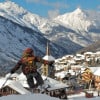




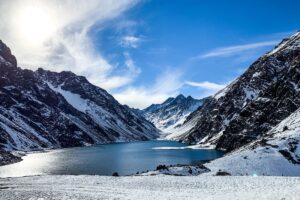


This is indeed very sad for customers, seasonnaires and for ski resorts. The catered chalet model is a great example of how labour mobility can potentially be beneficial for all. However, now that the end game has arrived, I’m interested how you think this will play out from here and what you are hearing from catered chalet operators.
Covid has smashed the 2021 season already but what will happening 2022? Will most catered chalets be converted to self catering? If so, is that a big problem for chalets whose location meant that they relied on staff to drop off customers at the ski lift?
Or will companies still employ British staff and have to go through all of the visa requirements? Surely that just not worth it for a 4 month season? Or will they hire from elsewhere within the EU?